Research
Sarah Kienle, Ph.D., assistant professor of biology at Baylor University, has received the prestigious Career Development Award from the National Science Foundation’s Faculty Early Career Development (CAREER) Program in support of early-career faculty who have the potential to serve as academic role models in research and education and to lead advances in the mission of their department or organization.

With Waco, Texas in the path of totality for the 2024 solar eclipse, Baylor University researchers have a first-hand opportunity to study the effects that people might feel as they witness this once-in-a-lifetime experience.
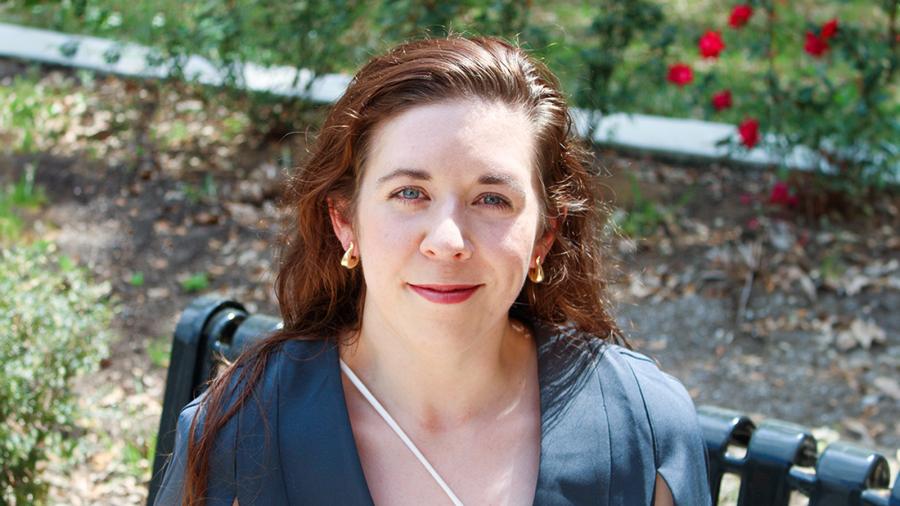
Rebecca Jones-Antwi, Ph.D., assistant professor in the Department of Public Health in Baylor University’s Robbins College of Health and Human Sciences, has received a three-year Career Development Award from the American Heart Association for her project, “Stuck in the Middle: The Intersectionality of Multiracial Adults and Cardiovascular Health.”
Yang Li, Ph.D., assistant professor of environmental science at Baylor University, has won a competitive NASA Early Career Investigator Program in Earth Science award that supports outstanding scientific research and career development of scientists and engineers at the early stage of their professional careers.
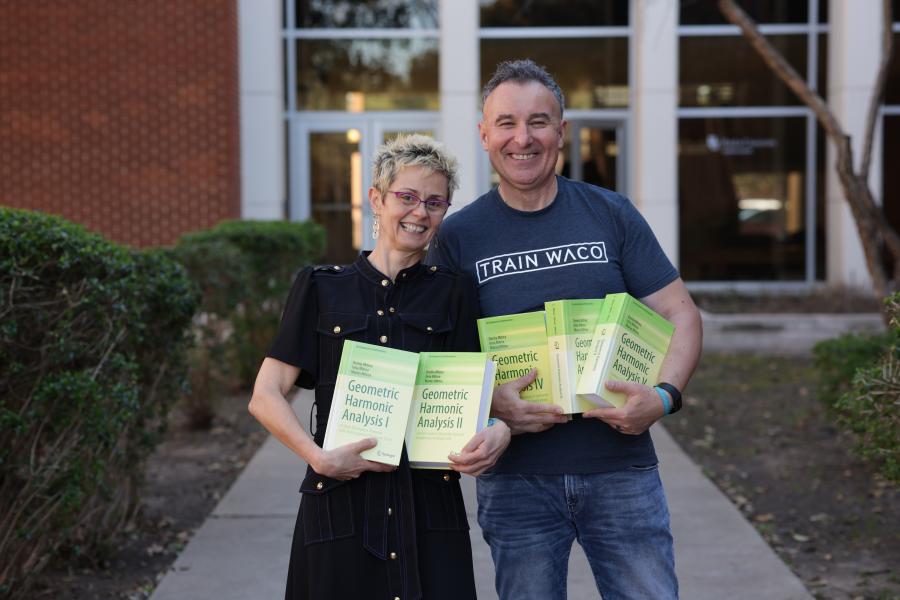
Dorina, Marius and Irina Mitrea complete “epic journey” with five-volume research monograph that lays foundations for a new genre of mathematics.
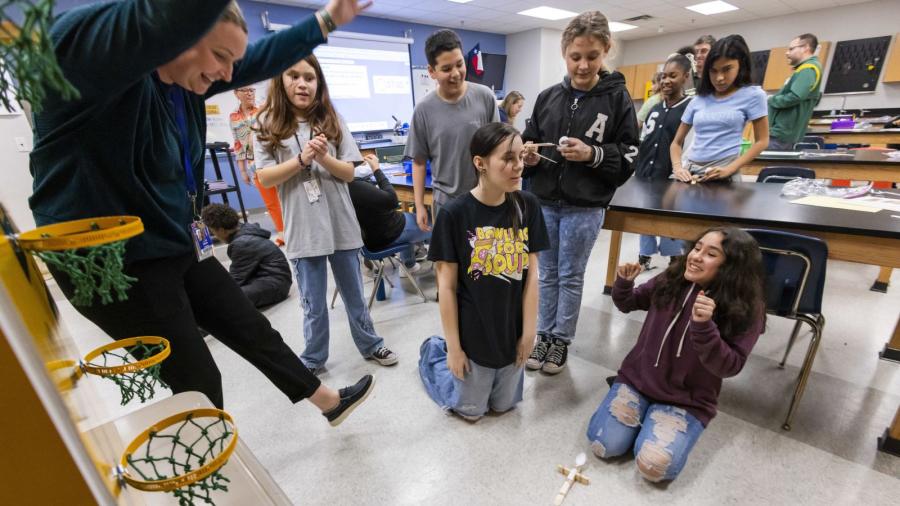
Baylor University partnered with schools in three Waco-area districts to celebrate National Engineers Week through hands-on engineering experiences with Baylor faculty and students.
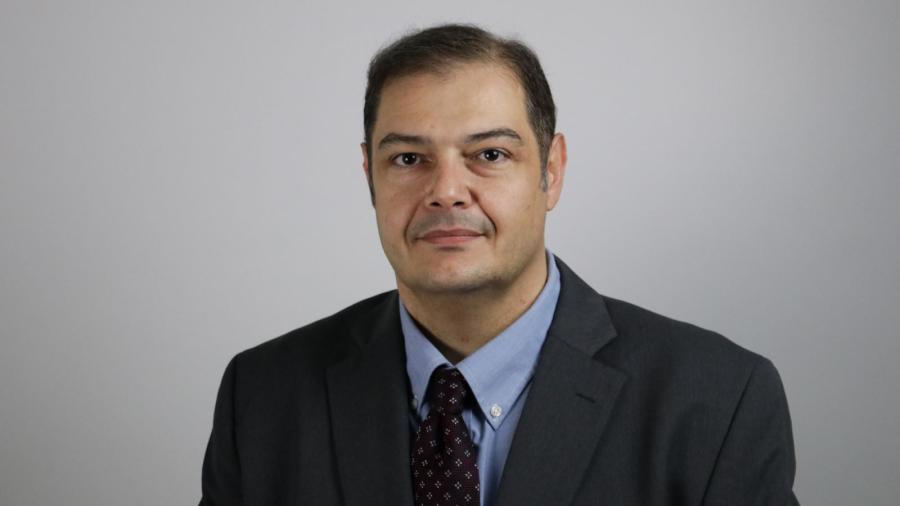
Baylor University international trade researcher Lourenco Paz, Ph.D., associate professor of economics at Baylor’s Hankamer School of Business, has received the Fulbright U.S. Scholar Award to Hungary, a prestigious and competitive fellowship of the Department of State’s Bureau of Educational and Cultural Affairs.
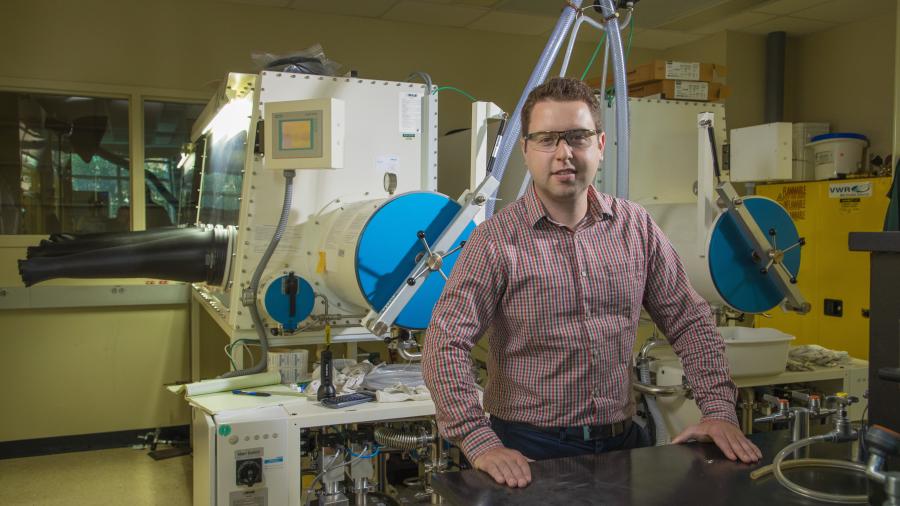
Caleb D. Martin, Ph.D., associate professor of chemistry and biochemistry at Baylor University and a leading researcher in synthestic boron chemistry, has received a prestigious Humboldt Research Fellowship from the Alexander von Humboldt Foundation.
The first full dataset from the Global Flourishing Study, a groundbreaking initiative co-directed by Baylor University researcher Byron Johnson, Ph.D., is now available through the Center for Open Science. The GFS project, a five-year, $43.4 million longitudinal study of over 200,000 individuals in more than 20 countries, represents the largest funded research project in Baylor history.

WACO, Texas (Feb. 12, 2024) – More than 250 U.S. cities have made pledges to transition to 100% renewable energy sources by the year 2050. However, in a new study published in the journal Environmental Research: Infrastructure and Sustainability, Baylor University researchers found that, despite efforts, the target date to move to fully sustainable energy sources is unrealistic.

WACO, Texas (Feb. 2, 2023) – Although time is a set duration of hours, minutes and seconds, the perception of time can vary dramatically based on the individual and especially during times of high stress and uncertainty such as disasters, recessions and most recently the COVID-19 lockdown.

WACO, Texas (Jan. 17, 2024) – Baylor University today officially announced the launch of the Spectrum Management with Adaptive and Reconfigurable Technology Hub (SMART Hub), a Department of Defense Spectrum Innovation Center to conduct multifaceted spectrum research to meet national defense needs.
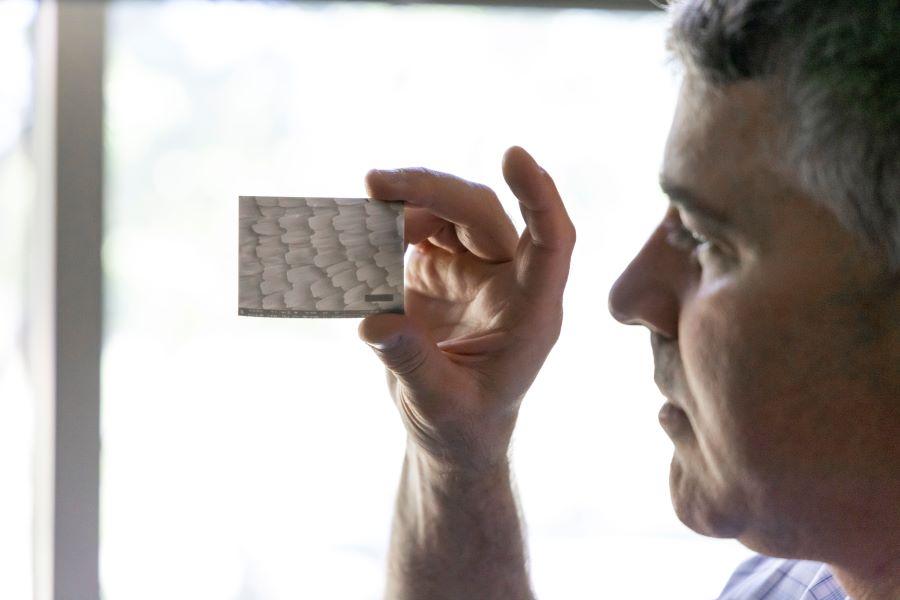
WACO, Texas (Jan. 10, 2024) – Featured on the cover of this week’s prestigious journal Science Advances, a first-of-its-kind tactile learning device developed by Baylor University chemistry professors to make science accessible to students with blindness or low vision has opened the possibility of the transfer of any scientific data or images for sighted students into functional, thorough formats for students with blindness.

WACO, Texas (Jan. 4, 2024) – The United States began tracking poverty rates in the 1960s as part of the War on Poverty. Today, the U.S. Census Bureau reports two income-based measures of poverty each year: the Official Poverty Measure (OPM) and the Supplemental Poverty Measure (SPM). However, an analysis by Baylor, Notre Dame and University of Chicago economists challenges common misconceptions about short- and long-run changes in poverty.
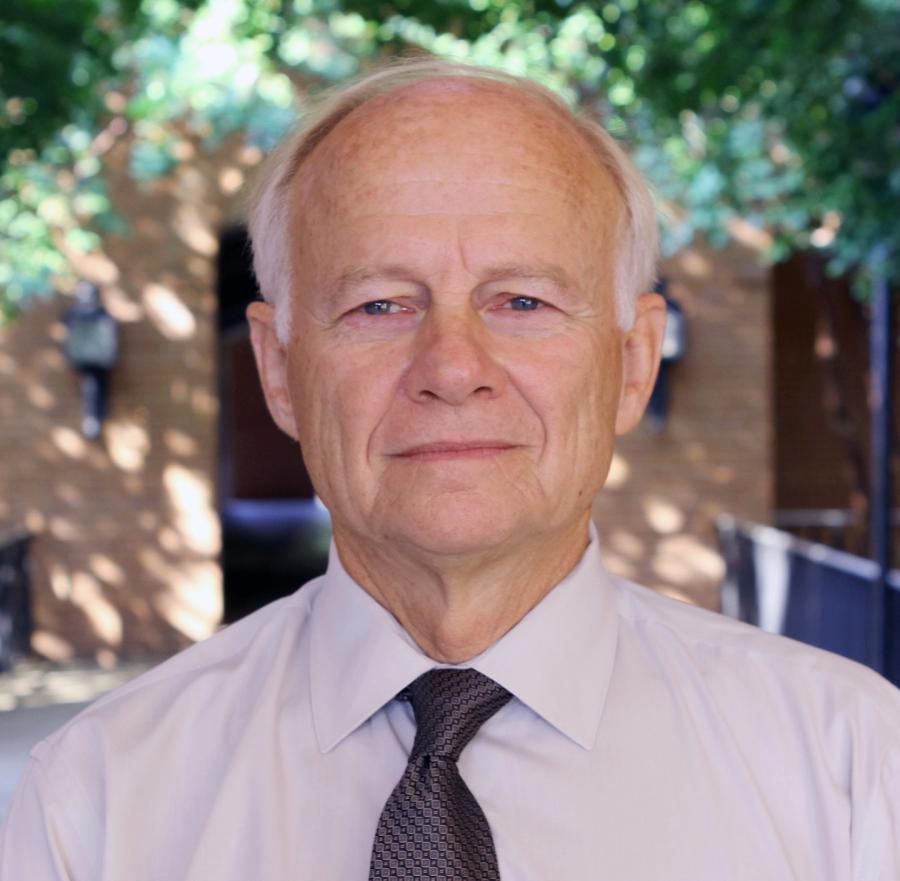
WACO, Texas (December 12, 2023) – Lee Nordt, Ph.D., professor of geosciences and dean of the College of Arts & Sciences at Baylor University, participated in a historic, comprehensive study on the relationship between climate and CO2, the results of which were published Dec. 7 in the journal Science.
WACO, Texas (Nov. 27, 2023) – The National Institutes of Health (NIH) has awarded a five-year, $3.37 million research grant to Baylor University, Blackfeet Community College (BFCC) in Browning, Montana, and Montana State University-Bozeman to explore how the resiliency of the Blackfeet American Indian community could mitigate the health effects related to historical and childhood trauma.
WACO, Texas (Nov. 7, 2023) – Baylor University is partnering with local schools on National STEM Day (Wednesday, Nov. 8) to provide engaging science presentations for area students and teachers and connect Baylor researchers in the community, all to encourage an affinity for science, technology, engineering and math in local students.
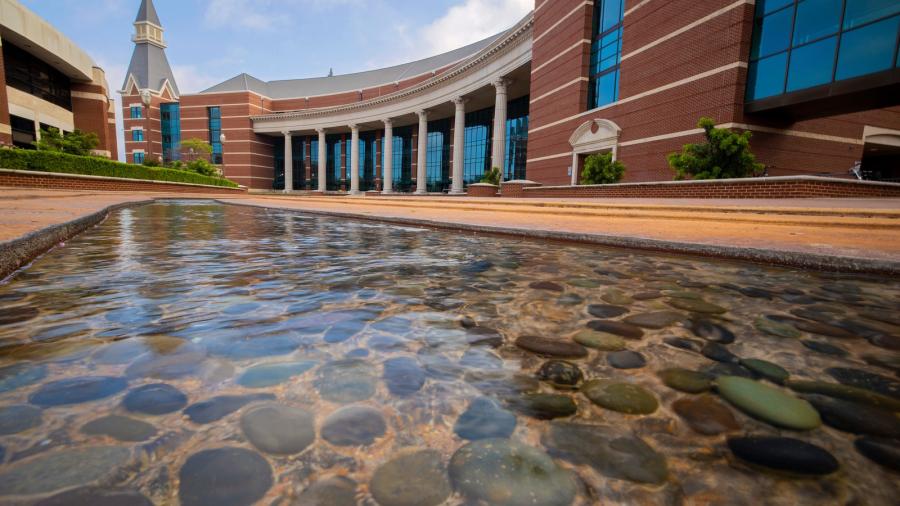
WACO, Texas (Oct. 16, 2023) – Baylor University announced today the launch of the Baylor Research in Growth and Human Thriving Science (BRIGHTS) Center, a multidisciplinary center designed to catalyze research related to the science of human flourishing.
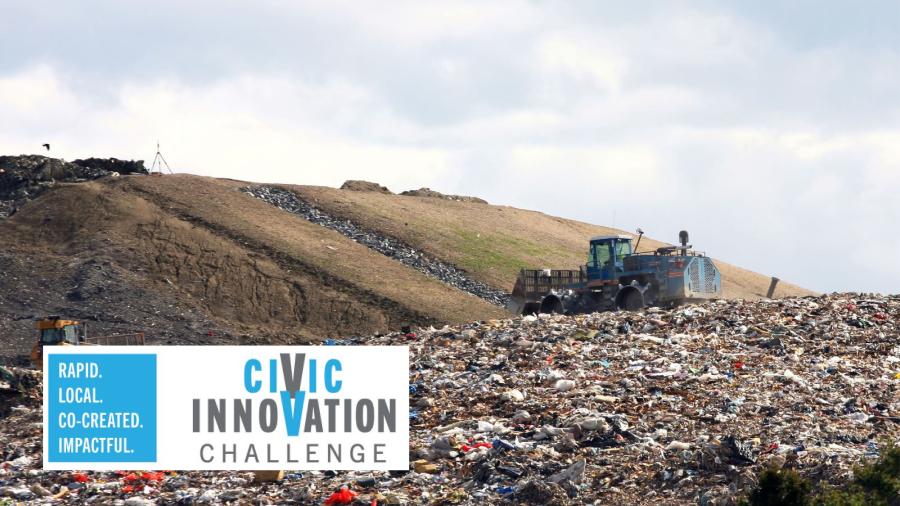
WACO, Texas (Sept. 28, 2023) – Baylor University researchers along with City of Waco leaders in sustainable infrastructure are among the 19 teams advancing to stage 2 of the Civic Innovation Challenge (CIVIC), a national research and action competition focused on rapidly transitioning emerging technologies and concepts into a local community to address their long-standing challenges.
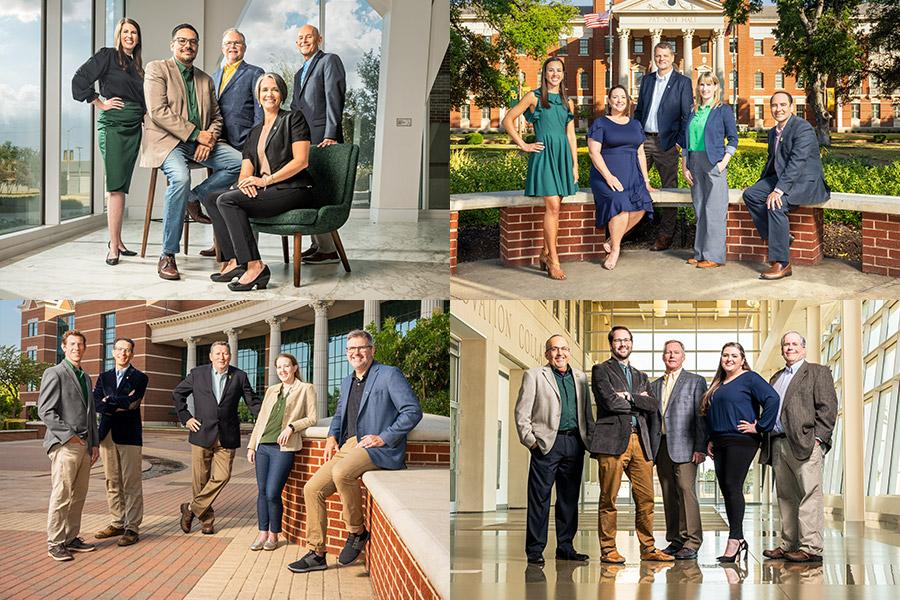
WACO, Texas (Sept. 25, 2023) – Baylor University is celebrating National Research Administrator Day to highlight top-tier research throughout the University and the teamwork required to advance significant research projects. After attaining Research 1 recognition in 2021 from the Carnegie Classification of Institutions of Higher Education, researchers and research administrators throughout the University have continued to elevate Baylor’s research output and impact, addressing complex global challenges in the process.
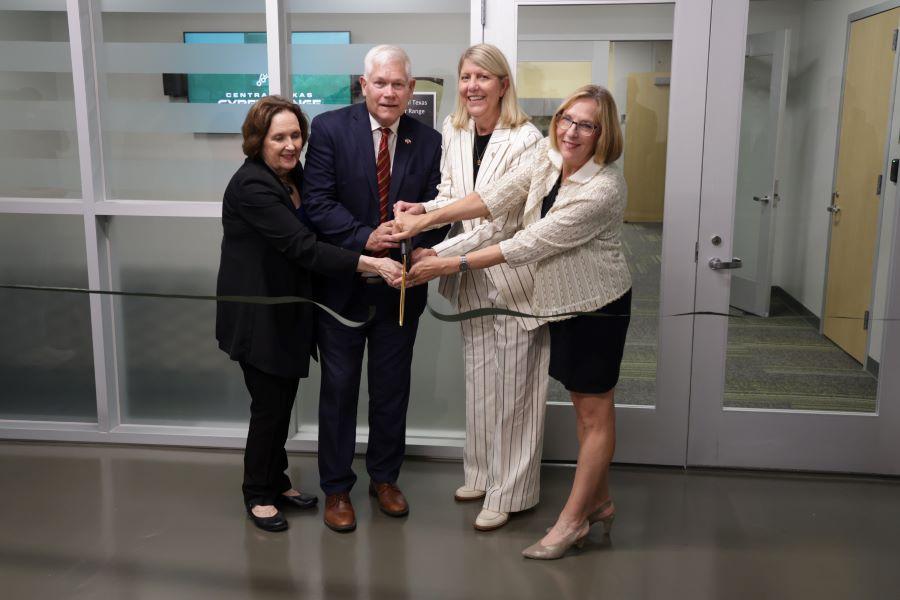
WACO, Texas (Sept. 7, 2023) – Baylor University today officially launched the Central Texas Cyber Range (CTCR), a multi-million-dollar center to provide comprehensive research in cybersecurity and cyber resilience and training for the cybersecurity workforce to address critical needs at the local, national and international levels. The CTCR, in partnership with McLennan Community College (MCC) in Waco, will specialize in applied research and education.
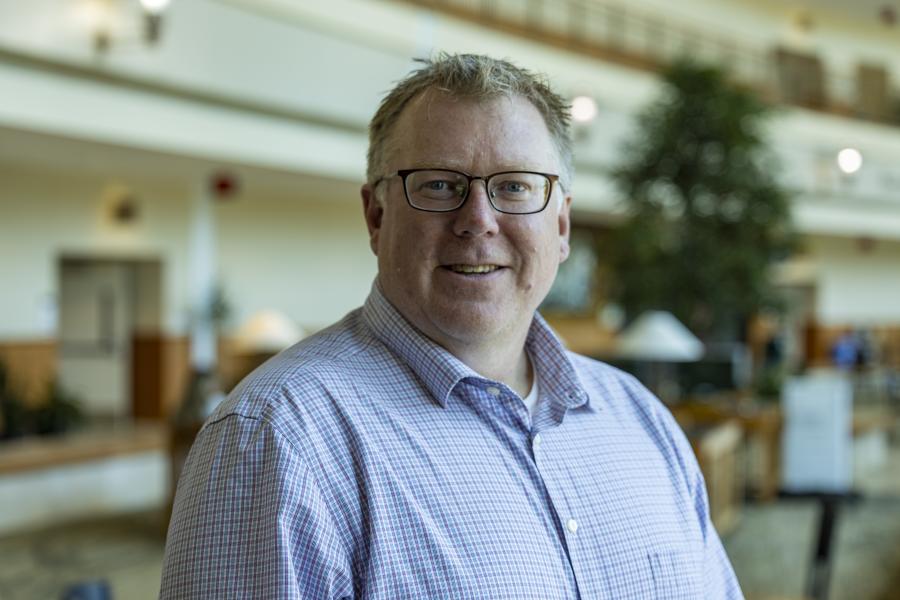
WACO, Texas (Aug. 28 , 2023) – Michael A. Trakselis, Ph.D., professor and director of graduate affairs for the Department of Chemistry and Biochemistry, overcame two barriers to conduct his groundbreaking research on a novel DNA enzyme.

WACO, Texas (Aug. 28, 2023) – Hot flashes are one of the most concerning and most reported symptoms among menopausal women and breast cancer survivors. In an article published this month in the journal Frontiers in Psychiatry, researchers at Baylor University tested the efficacy of paroxetine by conducting a systematic review and meta-analysis of six clinical trials, finding that the benefits of paroxetine in the treatment of hot flashes to be comparable to that of the placebo response.
WACO, Texas (Aug. 16, 2023) –The first sample dataset from the Global Flourishing Study (GFS) is now available through the Center for Open Science (COS). The project, a groundbreaking five-year, $43.4 million longitudinal study of approximately 200,000 individuals in 22 countries, represents the largest funded research project in Baylor history.
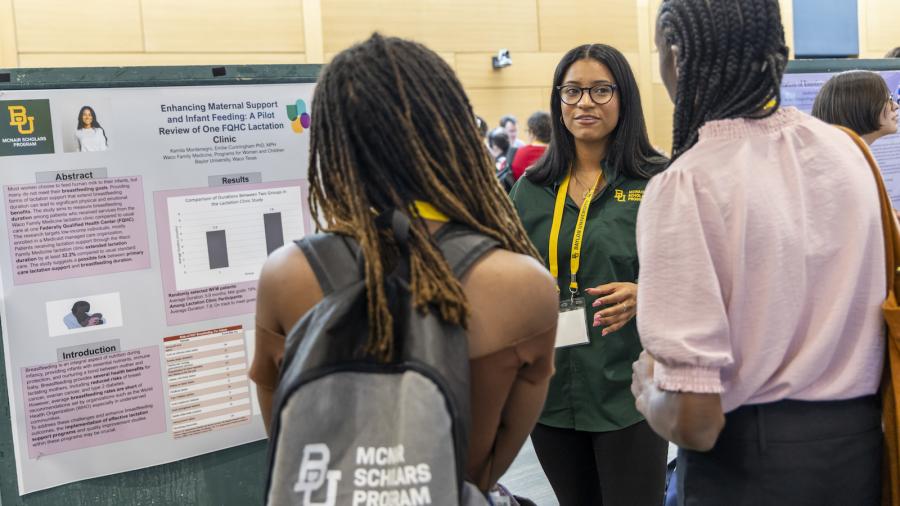
WACO, Texas (Aug. 9, 2023) – Baylor University’s McNair Scholars Program, along with the Baylor Graduate School, hosted the fifth annual national McNair Research Conference on Aug. 3-4 on the Baylor campus. More than 200 undergraduate McNair Scholars and non-McNair students presented their faculty-mentored research, participated in professional development and engaged with some of the nation’s top graduate schools.

WACO, Texas (Aug. 3, 2023) – Benjamin Rose, Ph.D., who joined Baylor University Aug. 1 as an assistant professor of physics, will serve as one of four project leaders for a research team which recently earned $11 million in NASA funding to investigate infrastructure solutions for the Nancy Grace Roman Telescope.
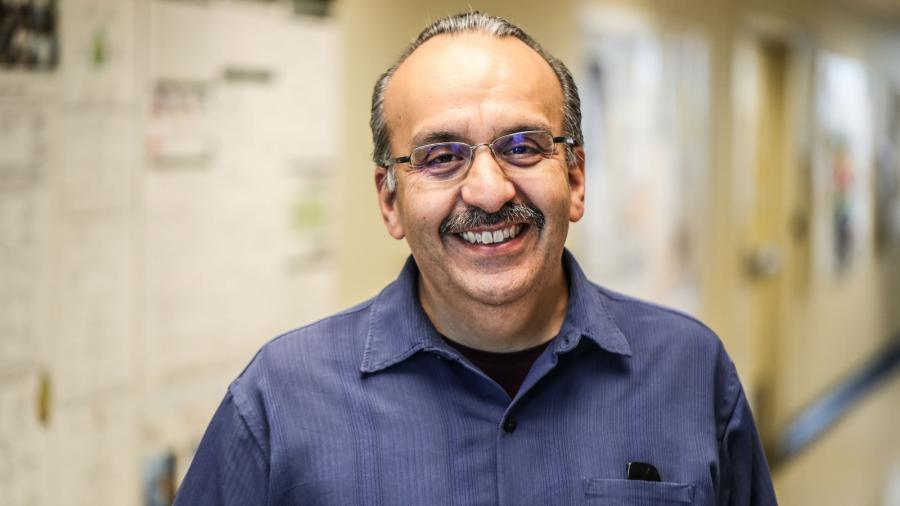
WACO, Texas (July 27, 2023) – Daniel Romo, Ph.D., The Schotts Professor of Chemistry at Baylor University and co-director of the Baylor Synthesis and Drug-Lead Discovery Lab, is providing synthetic chemistry leadership on an international team of researchers in pursuit of a groundbreaking drug to treat hypoxic-ischemic brain injury (HIBI) in newborns.
WACO, Texas (July 13, 2023) – Baylor University researchers in the Diana R. Garland School of Social Work have earned a significant federal grant to bolster mental health services to school children by preparing licensed mental health providers for work in schools.
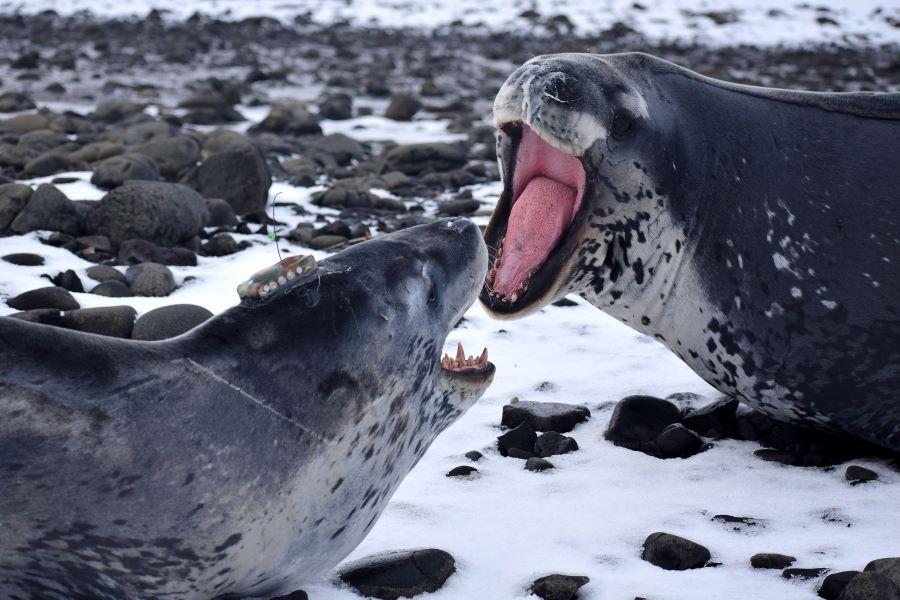
In 2018 and 2019, Sarah Kienle, Ph.D., assistant professor of biology at Baylor University, and her colleagues collected movement and dive behavior data and samples from leopard seals off the Western Antarctic Peninsula. Their goal was to compile crucial baseline data on the ecology and physiology of this enigmatic species.
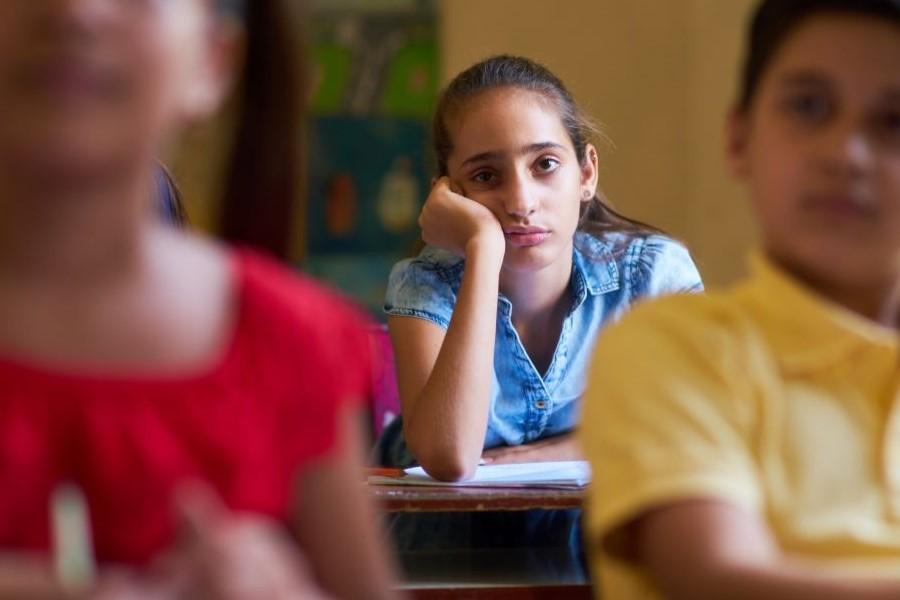
Women represent the fastest-growing population in U.S. institutional corrections facilities. In the past four decades, the number of women incarcerated has increased by more than 475%, rising from 26,326 in 1980 to 152,854 in 2020. Because the majority of imprisoned women are mothers, a conservative estimate indicates that at least one million American children have experienced maternal incarceration, and a substantial portion of them are adolescents.
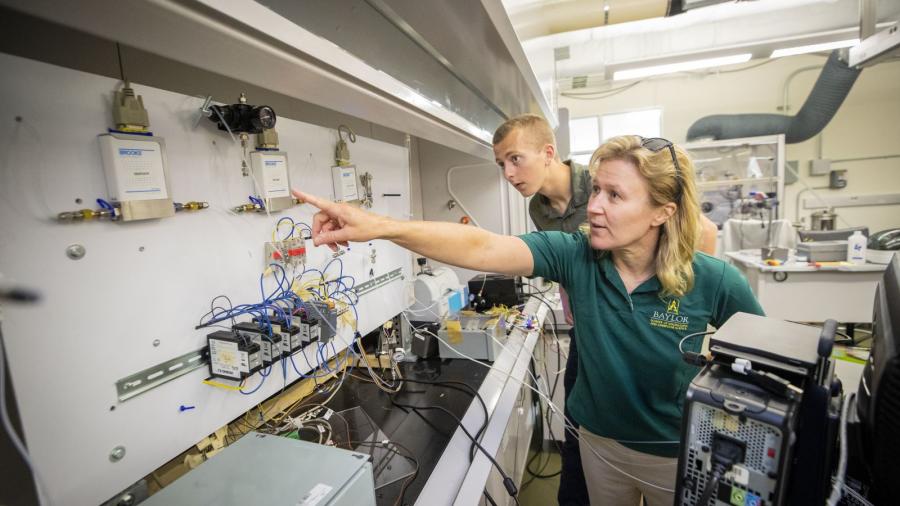
WACO, Texas (June 15, 2023) – Baylor University is well-represented on a prestigious list compiling the top most-cited researchers in the world. In a database compiled by Stanford University, 36 current or retired Baylor faculty members appear among the top 2% of the most-cited researchers across 22 disciplines.
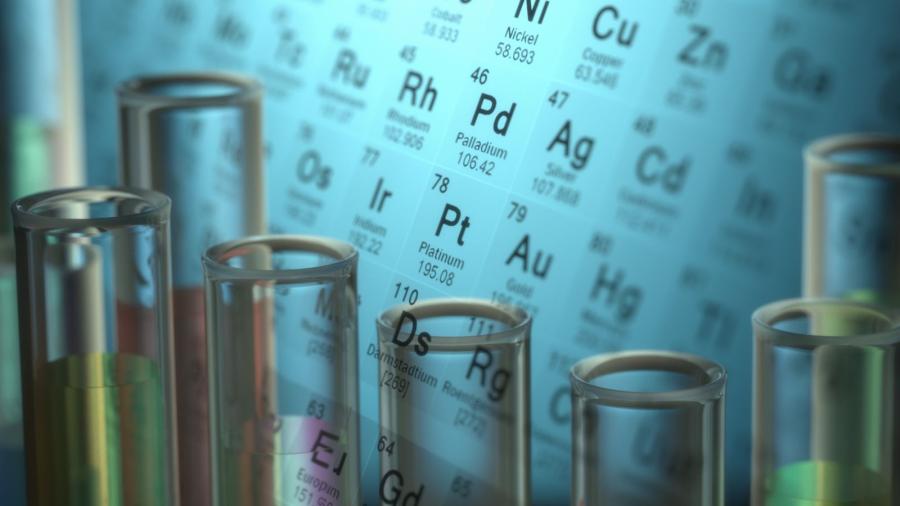
WACO, Texas (June 6, 2023) – Caleb Martin, Ph.D., associate professor of chemistry and biochemistry at Baylor, and a team of international researchers set out in 2022 to determine first-ever challenge of elemental analysis validity, which has sparked conversations among journal editors and chemists about reevaluating this current threshold.

WACO, Texas (May 17, 2023) – Baylor sleep researcher Michael K. Scullin, Ph.D., associate professor of psychology and neuroscience, and Blake Barley, doctoral candidate in psychology in Scullin’s sleep lab, examined how institutional factors, biological factors and behavioral choices play a role in sleep problems for college students and if these "chronotypes" may more flexible than current theories suggest.

WACO, Texas (May 16, 2023) – For most of U.S. history, tattoos have been associated with sailors and bikers, but not church-going people. As tattoos have become more popular, with nearly one-third of U.S. adults sporting at least one tattoo, religious-themed tattoos have also increased. A recent study examined the behaviors of college students with tattoos, including religious tattoos.

WACO, Texas (May 3, 2023) – Noted Baylor University smartphone researchers Meredith E. David, Ph.D., Associate Professor of Marketing, and James A. Roberts, Ph.D., The Ben H. Williams Professor of Marketing in the Hankamer School of Business, have investigated the correlation between the “flow states” – or happiness experienced by individuals – while using Instagram and TikTok and psychological well-being.

WACO, Texas (May 2, 2023) – Results from the Waco COVID Survey have provided needed insights into how the dynamics of COVID-19 transmission, health behaviors and COVID-19-related attitudes changed across the first two years of the pandemic in the McLennan County, Texas.
WACO, Texas (April 13, 2023) – Something as simple as a grass can fundamentally change the understanding of life in the prehistoric world. A pair of studies funded by the National Science Foundation and published in the journal Science document the earliest evidence for locally abundant C4 grasses in eastern Africa and how C4 grasses and open habitats influenced early ape evolution.
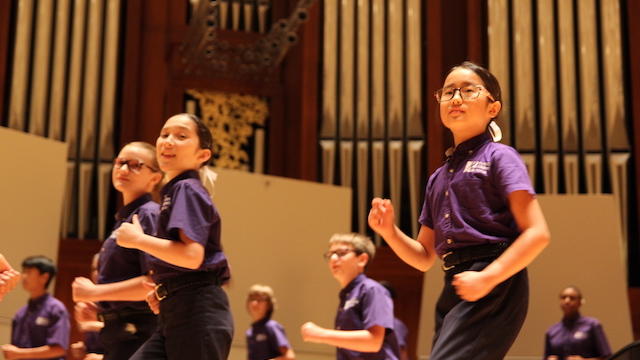
WACO, Texas (March 30, 2023) – Baylor University announced today that its Dunn Center for Christian Music Studies (CCMS) in the School of Music has been awarded a four-year, $1.25 million grant from Lilly Endowment Inc. as part of its Nurturing Children Through Worship and Prayer Initiative.

WACO, Texas (March 1, 2023) – Often when people hear the word literacy, they think about learning to read, but literacy involves much more than reading from the printed page. Literacy encompasses the everyday ways people use language to make meaning and communicate, said Kelly C. Johnston, B.S. ’04, Ed.D., assistant professor in the Baylor University School of Education.

WACO, Texas (Feb. 15, 2023) - Smartphone use has quickly become a fixture of everyday life, including during church services. Drawing from the Theory of Reasoned Action and the Technology Acceptance Model, Baylor researchers have developed a new model to identify key drivers of smartphone use during church services.

WACO, Texas (Jan. 24, 2023) – Faith organizations have traditionally served as first responders when crisis occurs in personal lives as well as in the community. Yet, for all the good they do, faith organizations can do so much more if their efforts and resources could be better recognized and leveraged, through public-private partnerships to sustain and grow their work, according to a case study by Baylor University’s Institute for Studies of Religion.
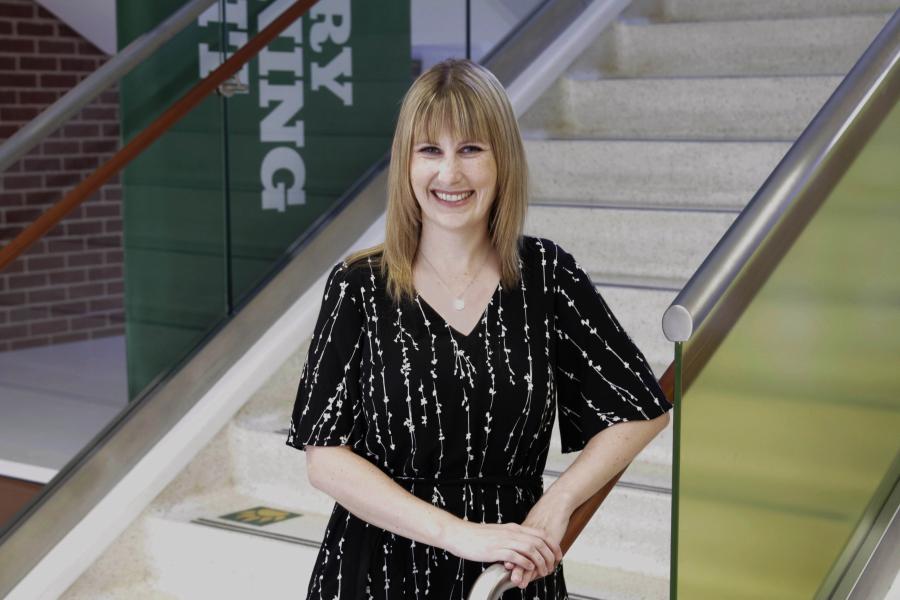
WACO, Texas (Jan. 19, 2023) - Jessica Akers, Ph.D., assistant professor of educational psychology in the Baylor University School of Education, has received a $893,409 grant from the Texas Higher Education Coordinating Board to develop an innovative treatment model for children with autism and their siblings.
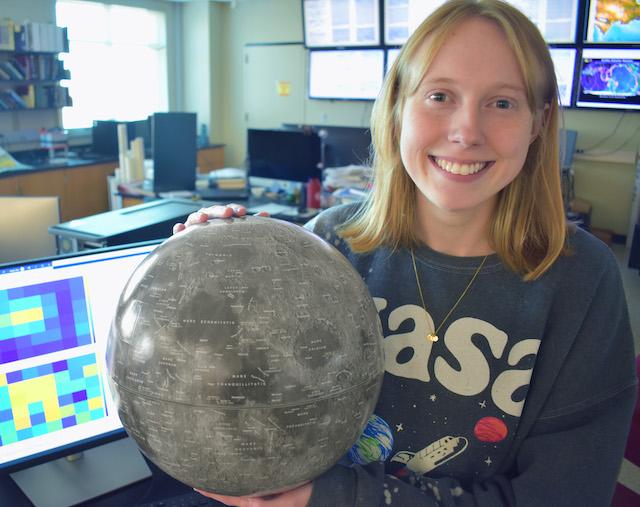
WACO, Texas (Jan. 9, 2023) Silicic volcanoes on the Moon, specifically the mysterious Gruithuisen Domes, are a lunar geologic mystery that still perplexes scientists more than half a century after they were discovered. Based on early telescopic and spacecraft observations, these extinct volcanoes have long been suspected to be silicic in composition, in some ways similar to terrestrial strato volcanoes like Mount St. Helens in Washington state.
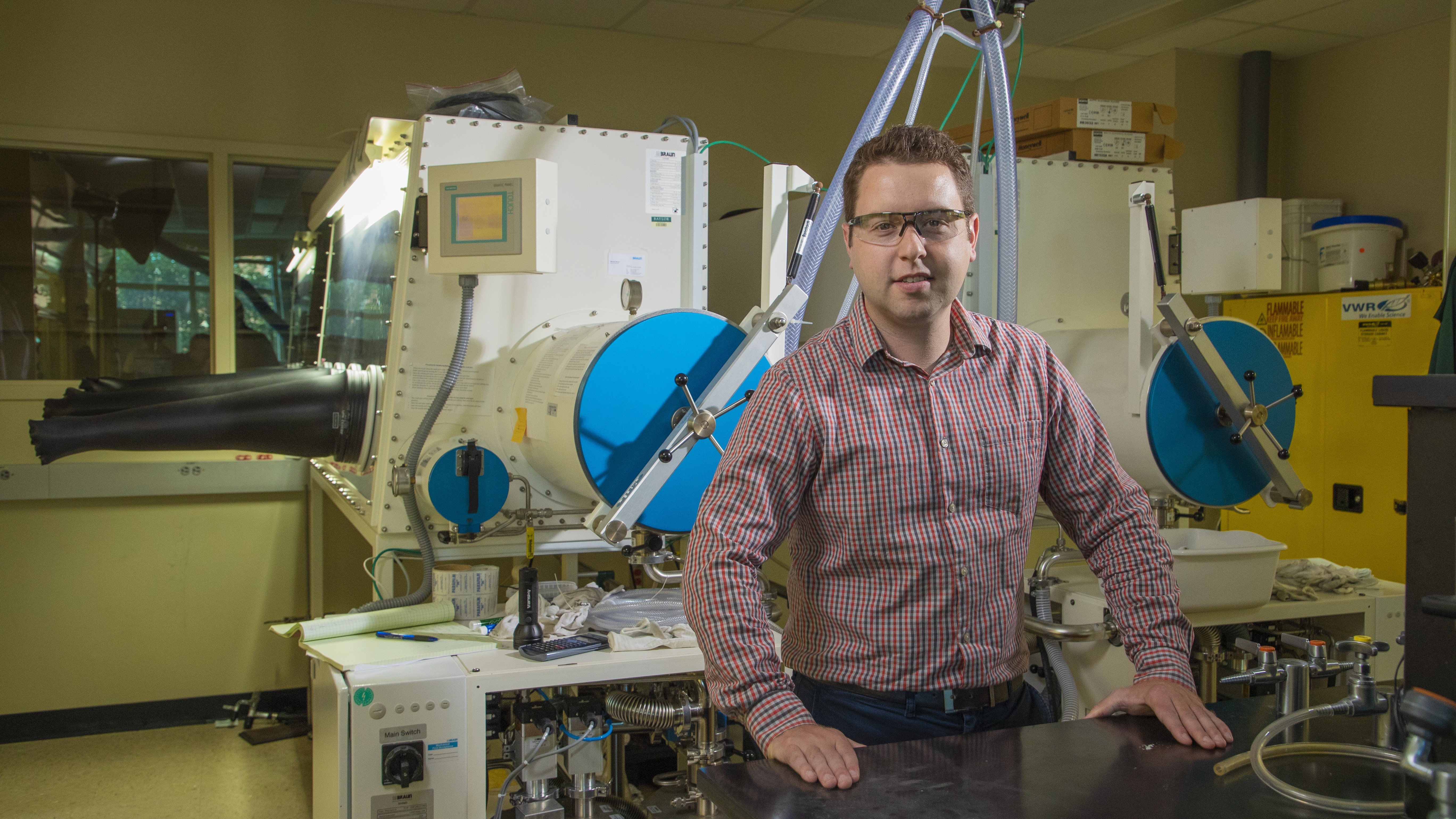
WACO, Texas (Dec. 15, 2022) – Baylor University chemist Caleb D. Martin, Ph.D., and his team have developed a new state-of-art Lewis superacid – with applications in the production of most common plastics – that is more efficient to produce, safer for the environment, and could potentially save billions of dollars in manufacturing costs.

WACO, Texas (Dec. 7, 2022) – Baylor University data scientists along with colleagues from four other universities have been awarded one of the largest National Science Foundation grants to explore new approaches to engage and prepare the next generation of data scientists through sports analytics.

WACO, Texas (Nov. 30, 2022) - Athletics can occupy an ambiguous place within a university's greater mission, particularly at religious institutions. Yet, little research has been conducted - until now - to understand student-athletes connection with personal religious beliefs.
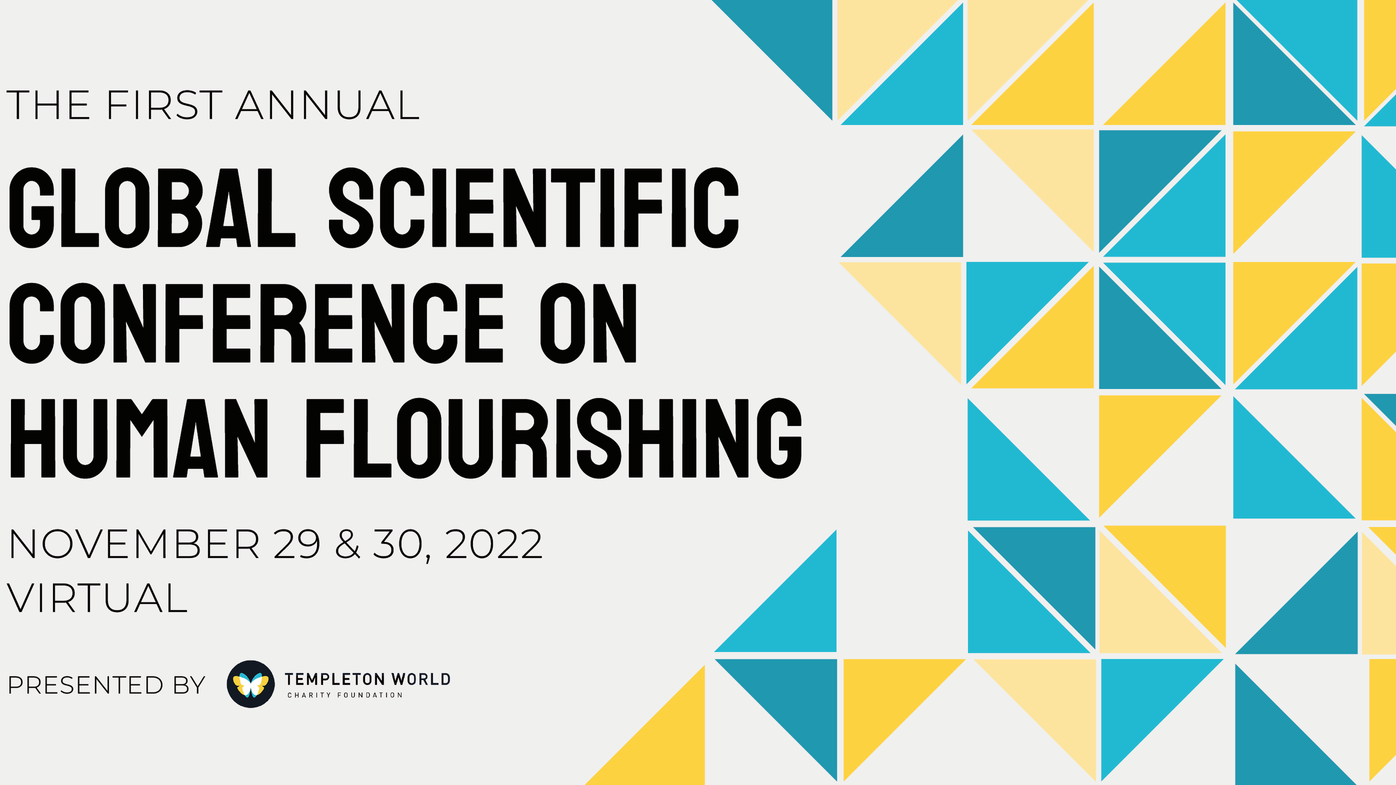
WACO, Texas (Nov. 28, 2022) – Baylor University is among the institutions participating in the inaugural Global Scientific Conference on Human Flourishing, an interdisciplinary conference organized by Templeton World Charity Foundation in partnership with leading academic and policy research centers around the world.

WACO, Texas (Nov. 16, 2022) - Remote work has its own distinct set of challenges, and businesses that help employees respond to these challenges will benefit with a more productive and healthier workforce, according to research led by remote/hybrid work expert Sara J. Perry, Ph.D., associate professor of management at Baylor.
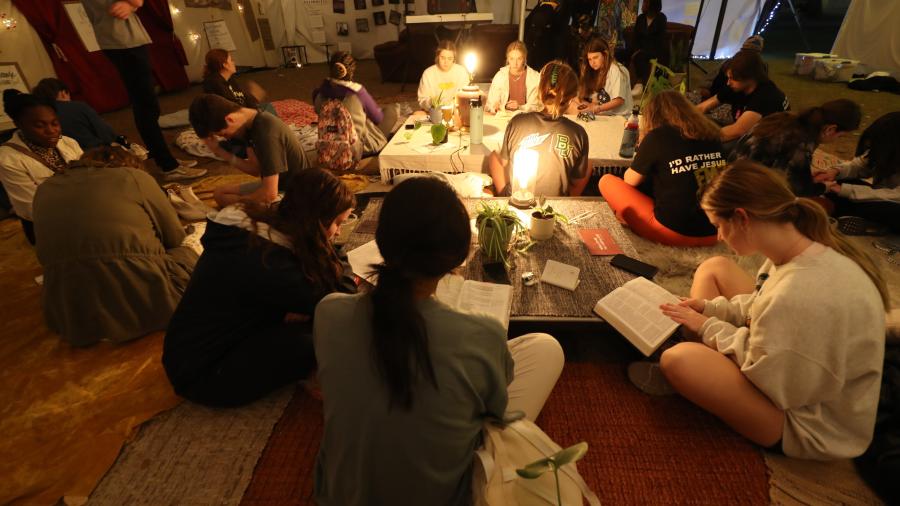
WACO, Texas (Nov. 14, 2022) – While peer influence is the top factor that leads to Baylor University students to attain higher levels of vertical faith maturity and horizontal faith maturity, respectively, attending a local place of worship is a powerful predictor of both measures of faith maturity, according to research from Baylor’s ongoing Faith and Character Study, which tracks the long-term impact of a Baylor education on a person’s faith and character.

WACO, Texas (Nov. 7, 2022) – For National STEM Day, Baylor University is starting a new outreach project, which provides teachers, families and students with do-it-yourself projects designed to make science, technology, engineering and math come alive.